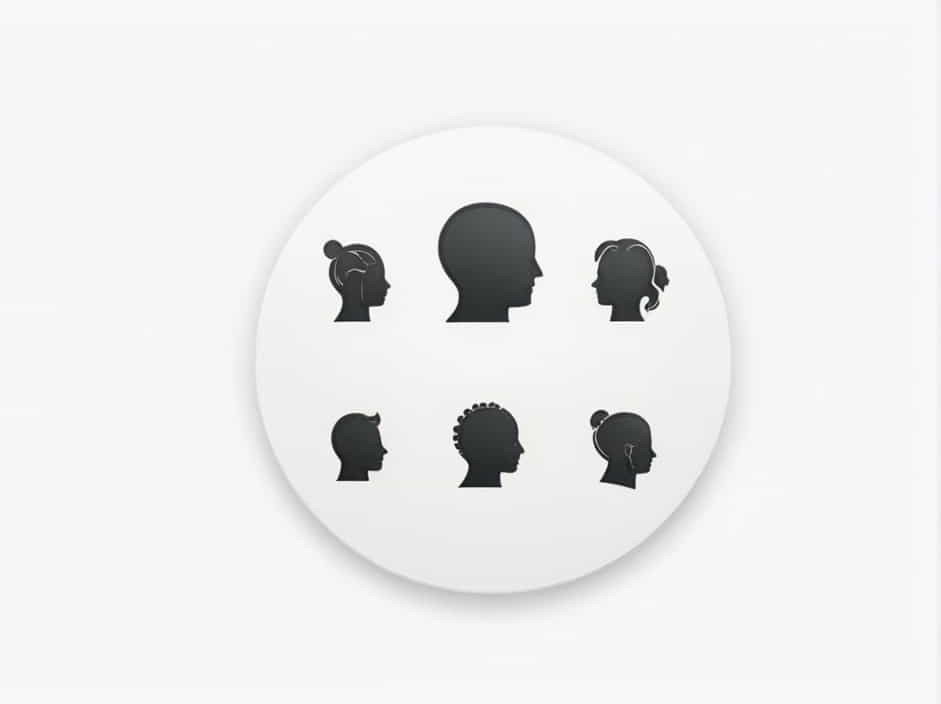Moral expansiveness refers to the extent to which individuals include others in their moral consideration. Some people feel compassion only for their immediate family and friends, while others extend their sense of justice and concern to strangers, animals, and even the environment. But what drives this variation?
Psychologists have long studied why some individuals develop a broader moral circle while others remain focused on their own group. Understanding the psychology of moral expansiveness can help promote greater empathy, ethical behavior, and social cooperation.
This topic explores the foundations of moral expansiveness, its psychological influences, and its role in shaping a more just society.
1. What Is Moral Expansiveness?
Moral expansiveness describes the range of beings to whom an individual extends moral concern. The broader a person’s moral circle, the more they feel responsible for the well-being of others, including:
- Immediate family and friends (narrow moral circle)
- Community and nation (moderate moral circle)
- All humanity, animals, and the environment (wide moral circle)
Those with a more expansive moral view tend to support human rights, social justice, animal welfare, and environmental protection.
2. Psychological Foundations of Moral Expansiveness
2.1 Evolutionary Influences
From an evolutionary perspective, humans evolved to prioritize their survival and that of their close kin. This explains why people instinctively care for family members before strangers. However, as societies grew, humans developed cooperation beyond their immediate circles, leading to broader moral concern.
2.2 Cognitive and Emotional Factors
Moral expansiveness is shaped by both reasoning and emotions:
- Empathy – The ability to understand and share others’ feelings increases moral concern.
- Perspective-taking – Seeing the world from another’s viewpoint fosters inclusivity.
- Logical reasoning – Some people expand their moral circle through philosophical reflection on fairness and rights.
2.3 Social and Cultural Influences
A person’s upbringing, education, and culture shape how broad their moral circle becomes. Factors include:
- Religious and ethical teachings – Some belief systems promote universal compassion.
- Exposure to diversity – Interacting with different groups increases inclusivity.
- Media and storytelling – Books, films, and news shape moral perspectives.
3. The Role of Moral Expansiveness in Society
3.1 Social Justice and Human Rights
A broad moral circle leads to greater support for equality and justice. People with moral expansiveness:
- Oppose discrimination based on race, gender, or nationality.
- Advocate for marginalized groups and human rights movements.
- Support policies that promote fairness and inclusion.
3.2 Animal Rights and Environmental Ethics
Many who embrace moral expansiveness extend their concern beyond humans. This includes:
- Animal welfare – Fighting against cruelty and promoting ethical treatment.
- Environmental protection – Recognizing nature as morally valuable.
People with this mindset tend to support conservation, sustainable practices, and climate action.
4. What Influences Moral Expansiveness?
4.1 Individual Personality Traits
Certain personality traits correlate with moral expansiveness:
- Openness to experience – Curious, open-minded individuals are more likely to embrace broader moral circles.
- Agreeableness – Compassionate and cooperative people tend to care for others.
- Emotional intelligence – The ability to regulate emotions enhances empathy.
4.2 Education and Critical Thinking
Higher levels of education and ethical reasoning often lead to:
- Greater awareness of global issues
- More inclusive moral thinking
- Critical evaluation of societal norms
4.3 Life Experiences
Certain life experiences expand moral concern, such as:
- Traveling – Exposure to diverse cultures reduces prejudice.
- Personal hardship – Experiencing injustice increases empathy.
- Volunteering and activism – Direct engagement fosters moral responsibility.
5. Barriers to Moral Expansiveness
5.1 Tribalism and In-Group Bias
Humans naturally form in-groups and out-groups, prioritizing those who are similar. This can lead to:
- Prejudice and discrimination
- Fear of outsiders
- Resistance to social change
5.2 Moral Disengagement
Some people justify harmful actions by seeing certain groups as less worthy of concern. This is common in:
- War and conflict – Dehumanizing enemies to justify violence.
- Economic exploitation – Ignoring the suffering of underprivileged workers.
- Environmental harm – Failing to recognize nature’s intrinsic value.
5.3 Cognitive Limitations
People struggle with large-scale moral thinking. It’s easier to empathize with one suffering individual than with millions. This can lead to:
- Lack of action on global crises
- Neglect of systemic issues
- Short-term thinking over long-term responsibility
6. How to Cultivate Moral Expansiveness
6.1 Develop Empathy and Compassion
Practicing empathy can broaden moral concern. Strategies include:
- Listening to diverse perspectives
- Engaging in acts of kindness
- Reflecting on shared human experiences
6.2 Question Ethical Assumptions
Challenging social norms helps individuals redefine moral boundaries. Consider:
- Why do some beings receive more moral concern than others?
- How do personal biases affect ethical decisions?
- What responsibilities do we have toward future generations?
6.3 Promote Ethical Education and Awareness
Education plays a key role in expanding moral concern. Schools, media, and public discourse should:
- Teach ethics and global issues
- Highlight stories of compassion and justice
- Encourage critical thinking
Moral expansiveness is crucial for building a just, compassionate, and sustainable world. While human nature tends to prioritize immediate groups, education, empathy, and cultural influences can help expand moral concern beyond personal interests.
By understanding the psychology behind moral expansiveness, individuals and societies can work toward greater inclusion, fairness, and responsibility. The challenge lies in overcoming biases, questioning ethical assumptions, and actively embracing a broader moral perspective.
